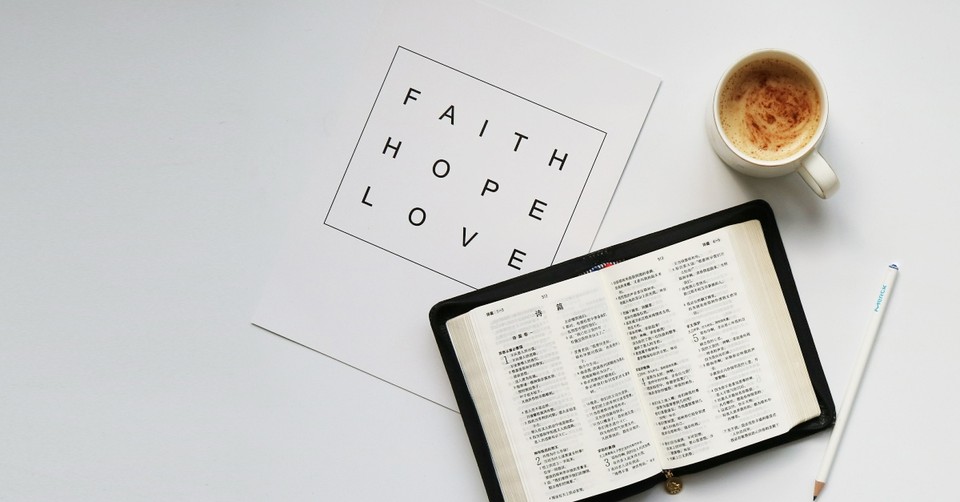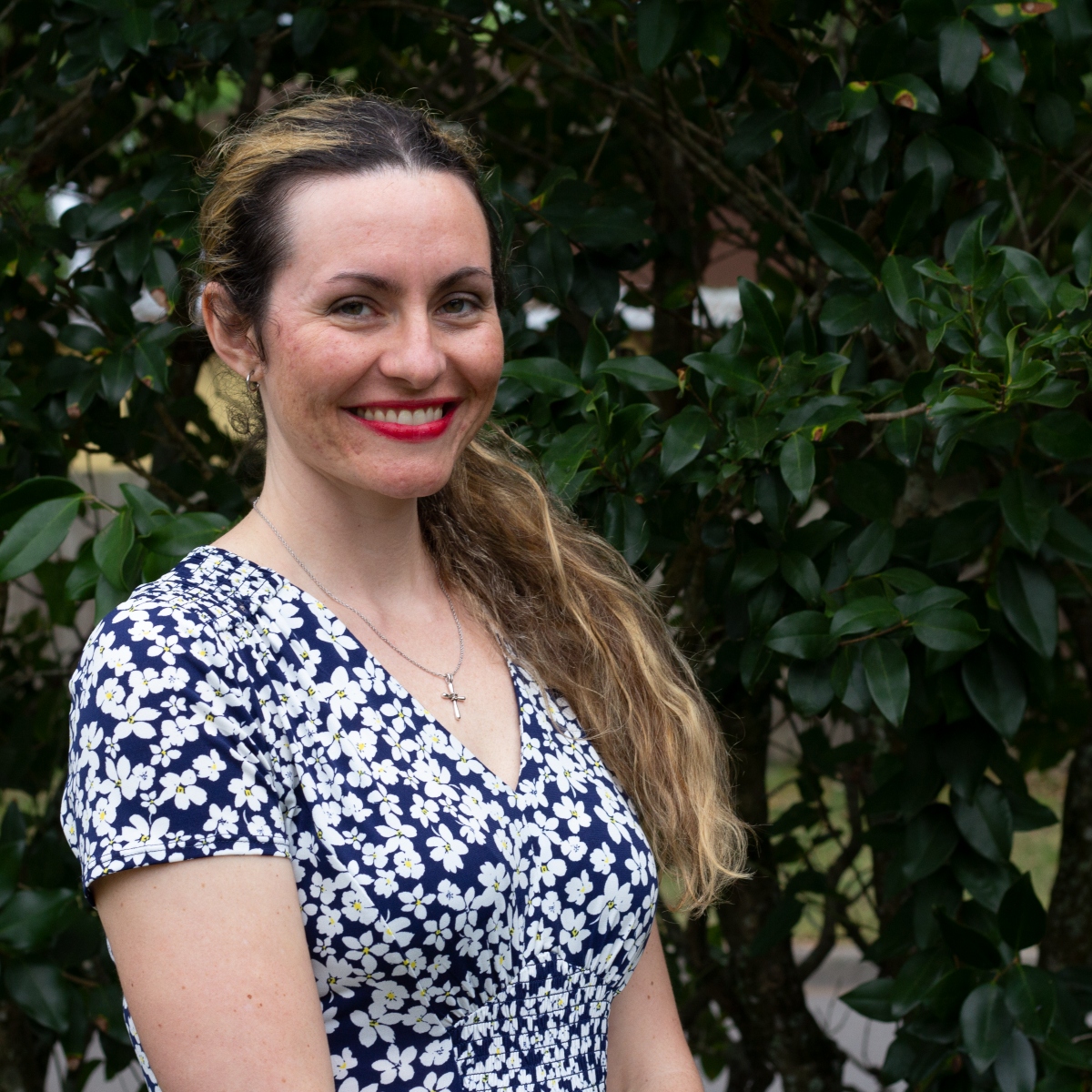The Powerful Reason That the Greatest of These Is Love

“And now abide faith, hope, love, these three; but the greatest of these is love” is from 1 Corinthians 13:13 (NKJV). We’ve seen this recognizable Scripture on plaques, shirts, tablecloths, and maybe even on face masks due to our present times. It is a verse that people find meaning in no matter how strong their faith is in God. It is attached to one of the most celebrated segments of Scripture among believers today. First Corinthians 13, for those who may not know, is the verse commonly used in wedding ceremonies, recounting how love is not puffed up, not envious, endures all things, and never fails.
But what is the meaning behind this verse of “the greatest of these is love”? Why would love be more than faith and hope?
Let’s explore more of the context behind this familiar verse and how it shows more of God’s love for us and how we can show this love in return to the Lord and to one another.
1 Corinthians Teachings on Love
The thirteenth chapter of 1 Corinthians could be considered the ultimate definition of what love means, shared as a letter by the apostle Paul to the church of Corinth. The letter was to instruct the congregation on many key principles of faith: sanctity of the marriage vows, believing in Christ and His resurrection, the importance of spiritual gifts, and examining oneself in light of Jesus.
The chapter begins by stating what love is not and how actions done to promote oneself and not love for others (or God) are wasted efforts. Many of you may recognize these verses from the popular song by Christian musical group For King or Country, “The Proof of Your Love.”
“Though I speak with the tongues of men and of angels, but have not love, I have become sounding brass or a clanging cymbal. And though I have the gift of prophecy, and understand all mysteries and all knowledge, and though I have all faith, so that I could remove mountains, but have not love, I am nothing. And thought I bestow all my goods to feed the poor, and though I give my body to be burned, but have not love, I am nothing” (1 Corinthians 13:1-3).
This first section of the chapter lays the foundation for what love is not, followed by what love is and lists several examples from 1 Corinthians 13:4-8. As the chapter progresses, Paul gives some profound insight into what love does to a person, stating that:
“But when that which is perfect has come, then that which is in part will be done away. When I was a child, I spoke as a child, I understood as a child, I thought as a child; but when I became a man, I put away childish things” (1 Corinthians 13:9-11).
One would think Paul is stating here that when he became a man, he understood the full extent of what it meant to love like God, to sacrifice in love like Jesus. When he put the “childish things” away, it may mean he understood that what was shared earlier in the chapter was the clamor for love and attention from others at the expense of love of God and others. As a man, he understood that he no longer saw love as only gain for himself (he was one of the chief condemners of Christians before his conversion) and instead saw it was about sharing Christ’s love with others.
What Does It Mean That Love Is “the Greatest”?
As readers get to the verse of focus, found in 1 Corinthians 13:13, they will have found that they have learned in this chapter what is, and is not, considered love in the eyes of God. Verse 13 shares the truth to conclude the chapter overall: “And now abide faith, hope, love, these three; but the greatest of these is love.”
If someone were to ask you what is most important out of faith, hope, and love, would you find the question easy to answer? I know I wouldn’t, as each of the three equally impact a person’s life and relationship with God. If you didn’t have faith, it would be hard to trust God and stay committed to anything and anyone. If you didn’t have hope, everything would be meaningless to you and you would become pessimistic.
But Paul here states that the greatest of the three is love, so how could love be greater than hope and faith?
If we were to truly look at what has been learned so far from 1 Corinthians, we can see that everything stems from love, most importantly God’s love for us and our equal love to Him and His children. If we didn’t have love, it wouldn’t build our faith, as faith’s foundation is that of love (love of the Father and others). If we didn’t have love, we wouldn’t have hope, as hope is also only found in the love of God, Jesus, and the Holy Spirit.
Love is what led our heavenly Father to allow His only son to go to earth and be the sacrifice for our sins. Love is what led Jesus to cry out for God to forgive us because we don’t know what we do, when His placement on the cross is due to our actions. Love is what the Holy Spirit brings us every day, loving continually when it hurts, when it’s hard, when we’re happy, sad, or frustrated.
So, love is the greatest of the three. But without love, faith and hope wouldn’t be possible.
What Else Does the Bible Say about Love?
Love can be found throughout the pages of the Bible, in various stories and verses. Some verses talk about placing love on everything to bring everything into perfect harmony (Col. 3:14); other verses share about loving your fellow brother and sister in Christ (John. 13:34-35; 1 Peter 4:8). Some celebrate the romantic love that connects a man and a woman together (Col. 3:18-19; Song of Solomon 8:3). Some recognize the love one feels from God (Rom. 5:8; John. 3:16).
Love is also exemplified through stories of the Bible, such as Ruth and Boaz, Jesus’s parable of the prodigal son and the father who welcomed him back, Jesus’s love for His disciples and people, and the fatherly love and guidance Paul displayed to Timothy.
Let’s just say if you are a romantic at heart, the Bible is filled with examples of love that could put any Hallmark movie to shame.
How Can Our Lives Reflect 1 Corinthians 13:13?
We are created in the image of God, and as His image-bearers, that means we have been blessed with the capability to love Him, others, and ourselves in the same way. We may not reach the agape love God regularly offers us, but we can try each day to love more and hate/judge less.
How we can implement this verse into our daily lives is simple but hard at the same time. All you have to do is love; but that means showing love when it is the last thing you want to give a person, yourself, even God.
The reason to love is that as you love others, especially when they don’t deserve it, your faith and your hope grow with the love you give. You will begin to have more faith because you are loving as Jesus loved, as God always loves, and this love builds our faith to continue to love even when outside everything looks bleak.
You will also begin to have more hope because you have more love and faith. Hope stays vigilant and encouraged even when you don’t know what is ahead or what is happening to you.
So, the simple answer is to love each day, as it is the greatest gift that God gives us each day when He loved us enough for His son Jesus to die for us. He still has love for us and we should too.
Related articles:
Bible Verses about Love
5 Biblical Ways to Love Those You Disagree With
What It Looks Like to "Love One Another" as Jesus Loves Us
What Love Looks Like According to 1 Corinthians 13
Photo credit: Unsplash/Chris Liu

Originally published August 31, 2020.




